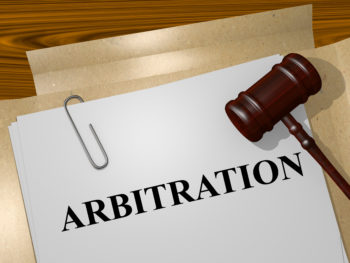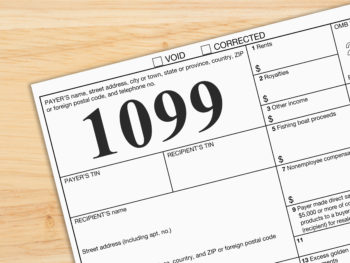Let’s say you’ve just been served with a debt collection lawsuit. The company suing you is a debt buyer, a company who claims it purchased the right to enforce a debt you ran up on a credit card or other credit account.
You’re being sued for about $7500. But you’ve read on the Internet or heard that these debt buyers have paid less than 10% of the value of the debt, and they might be motivated to make a deal. You have about $1000 saved up and maybe a tax refund coming in and you think to yourself, what if I offer some money to make this go away?
You call the telephone number of the law firm representing the debt buyer. They listen to you and tell you they’ll get back to you in a few days. After a few phone calls back and forth, they convince you that it’s worth it for you to promise to pay $1500 or so, and they’ll dismiss the lawsuit.
Is this a good deal for you?
Well, on the one hand you’ve saved yourself money that you might have had to pay to hire your own attorney. And you haven’t had to pay the $225 filing fee the court clerk will charge you for the Answer (The court first appearance fee would be $370 if you’re being sued for more than $10,000 but less than $25,000).
And you think you’re getting a quick, clean break from this stressful situation.
However, when the settlement agreement arrives in the mail, you notice that the debt buyer will be sending you a 1099-C next year, for the “debt forgiveness” on the amount you’re not paying. In other words, if you settled by paying $1500 on a $7500 debt, the IRS will consider that $6000 in debt forgiveness as “income” that will be added to your taxable income for the year.
In other words, you may owe money to Uncle Sam next April.
This debt buyer is going to claim it forgave $6000. But it didn’t really lose $6000, did it, since it purchased your $7500 debt for less than $750, maybe even as low as $375 (five cents on the dollar).
What’s the alternative?
It depends. Every case is different.
But it’s possible that the company suing you may not be able to prove it has the right to enforce the debt at all. Or it could be that the debt is so old, and it’s been so many years since you’ve made a payment, that the plaintiff’s period of limitations has expired and the claim is stale.
Talk to a lawyer experienced in consumer debt collection defense to find out if paying a portion of this debt is a good idea.
IRS Circular 230 disclosure: Any tax advice contained in this memorandum (including any attachments or enclosures) was not intended or written to be used, and cannot be used, for the purpose of (i) avoiding penalties under the Internal Revenue Code or (ii) promoting, marketing, or recommending to another party any transaction or matter addressed in this memorandum. (The foregoing disclaimer has been affixed pursuant to U.S. Treasury regulations governing tax practitioners.)








 Stop the Collection Calls
Stop the Collection Calls
Leave a Reply